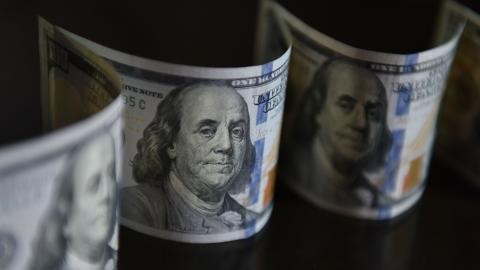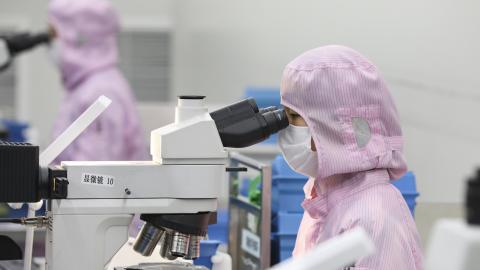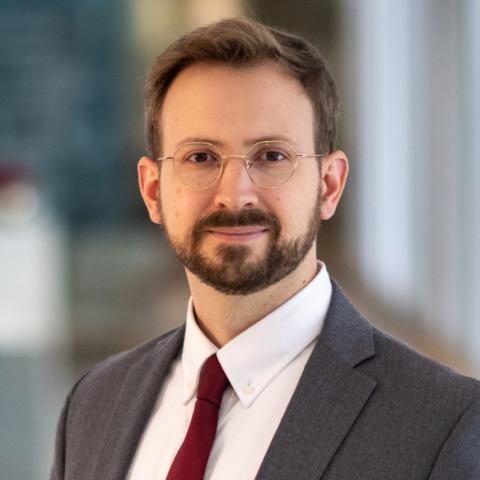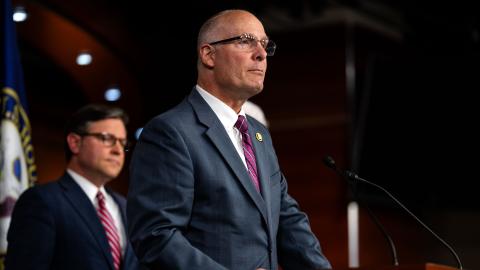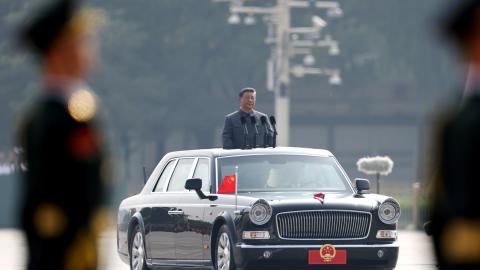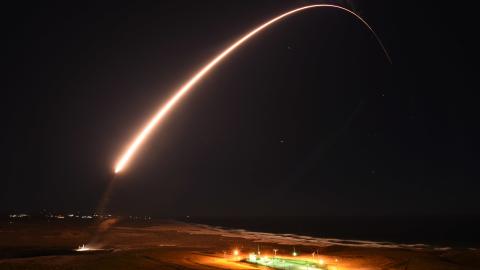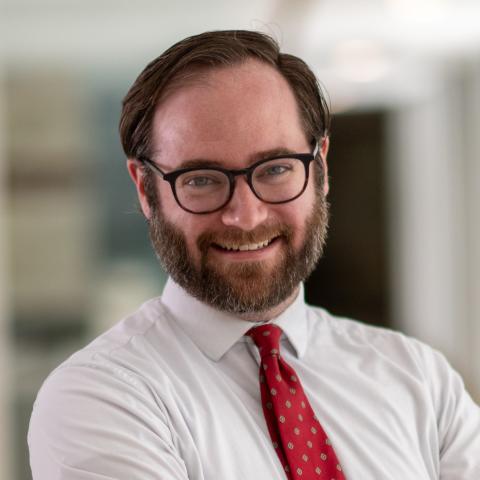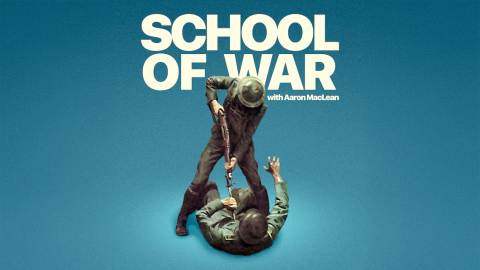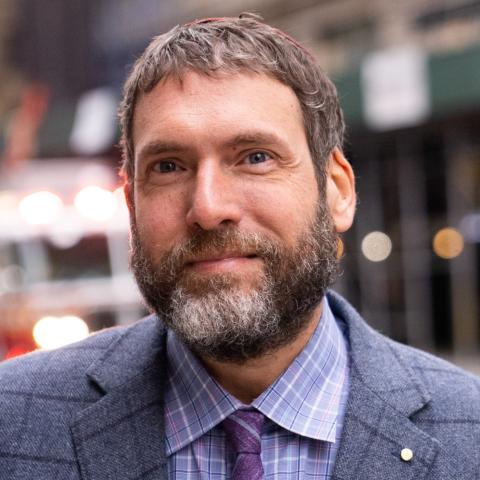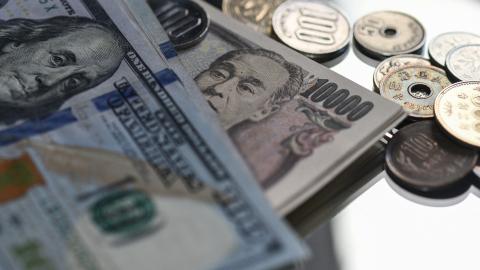
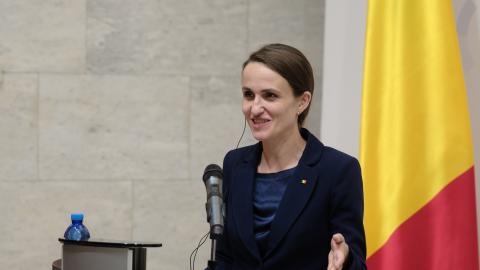

A keynote address by Senator Steve Daines (R-MT), to examine the implications of the recent Armenia-Azerbaijan peace agreement.

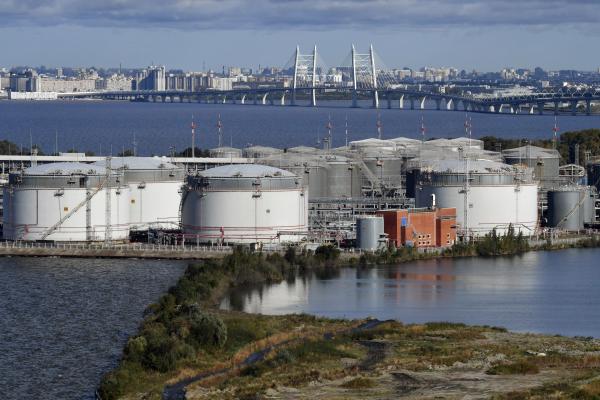
Join noted Russian and Ukrainian economists and Hudson Senior Fellow Thomas Duesterberg for an event that will analyze how growing economic problems are affecting Vladimir Putin’s war effort and its ability to avoid an economic crisis.
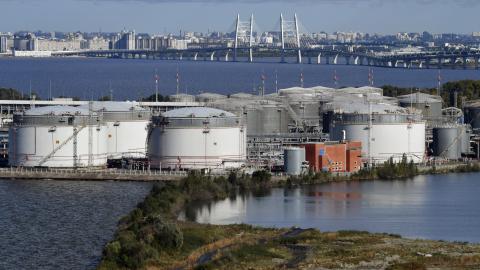
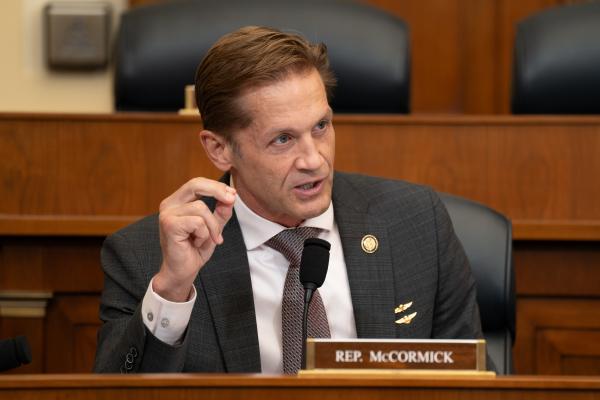
Senior Fellow Jason Hsu will host Congressman Rich McCormick (R-GA), a member of the House Armed Services Committee and Foreign Affairs Committee and a former member of the bipartisan Task Force on Artificial Intelligence, for a conversation on securing American AI leadership.
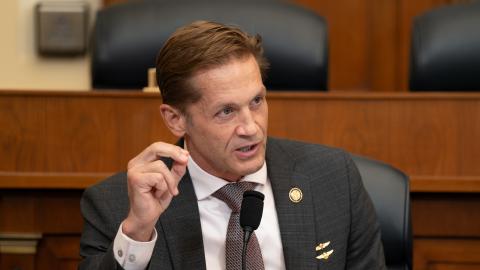
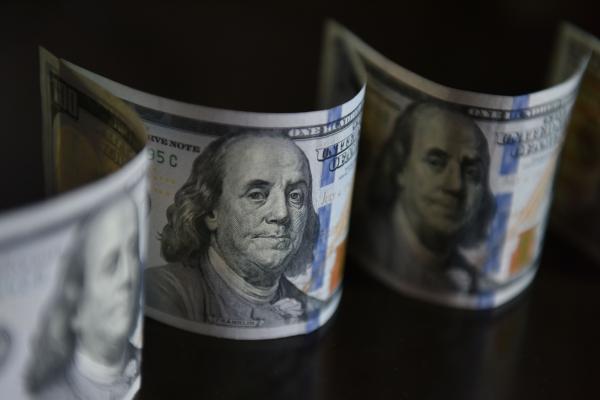
At Hudson, Senior Fellows Brendan Brown and Harold Furchtgott-Roth and Mises Institute Senior Fellow Alex Pollock will discuss the book’s findings and how gold-based monetary reform combined with the increased use of modern analytical tools can help end the inflationary spiral.
